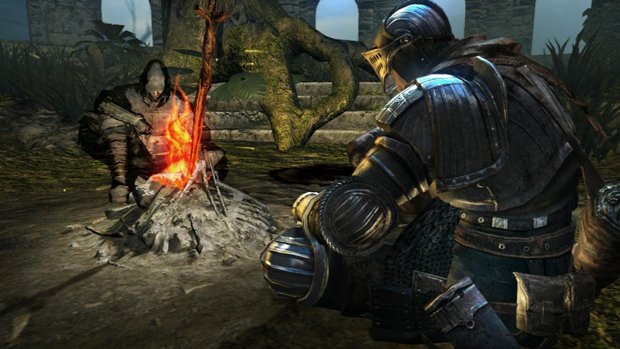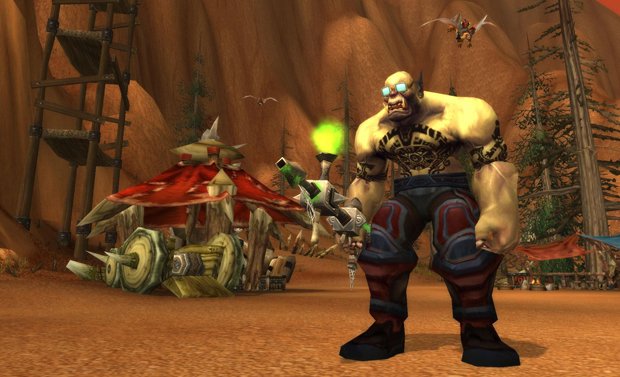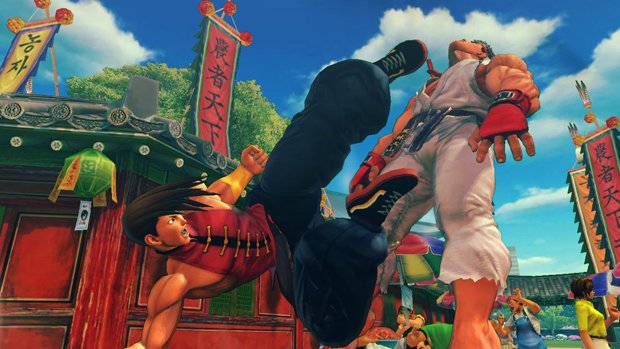High Horse: Practice makes a perfect game
Why are RPGs so afraid of Carnegie Hall?

High Horse is a rotating opinion column in which GamesRadar editors and guest writers are invited to express their personal thoughts on games, the people who play them and the industry at large.
I can’t draw worth a damn. Put a pencil, paper, and an apple in front of me, and I’ll return an amorphous blob with a line sticking out of it. For whatever reason, I cannot transfer the image of whatever I’m looking at from my brain to the paper in front of me. It would take a long, long time for me to become a passable artist, and lots of frustration and crumpled paper along the way.

But once I get to the point where I can get my shading down, the shape of the apple just right, and the oh-so-important stem leaning at just the right angle, I will feel like I’ve really accomplished something. Practice begets reward.
Games have an approximation of this experience, most often in the form of experience and levels. As a player goes through the world, swinging swords, casting spells, crafting armor, brewing potions, they grow in strength. With each milestone, they’ll often be met with a satisfying noise and a screen-covering notification letting them know of their growth (note: not accomplishment).
More often than not, these levels are an expression of how much time you’ve spent with a game. How many times have you heard someone ask how long it takes to reach the level cap in an MMORPG? Chances are, you‘ve even asked the question yourself. When questioned as to why they’d like to know that particular information, their answer is likely some variation on, “Well, that’s where the game really gets started.” It’s as if they don’t really care for the initial hours of the game, and only want to get to where things seem challenging.
So what keeps players playing until the endgame, if they’re not terribly concerned with the experience that these early hours offer? It’s the search for the almighty “ding.” What Braid creator Jonathan Blow called “a Pavlovian or Skinnerian scheme” during a talk at the Free Play conference in Sydney, Australia. We’re rewarded on a regular-enough basis that we don’t get bored, always striving for the next landmark. Plus, these levels put a numerical value to the amount of work the player has put into the game, thereby compelling them to continue or lose all that progress. I’d stop short of calling it “exploitative,” as Blow says, but it’s certainly an effective way of keeping players hooked. I’m certainly not immune to it, as my hundreds of hours in World of Warcraft will show.

I’m not convinced that these days’ worth of time spent in game, leveling and leveling, have any analogy to real practice. You, as a player, aren’t getting any better at the way you’re playing. You’re allowing your character to get better without you. There’s a huge disconnect there. As a result, with traditional leveling mechanics, players will never feel as if they’re getting better with their characters. They’ll never share the sense of accomplishment that the characters that they’re playing are being awarded by the game.
Sign up to the GamesRadar+ Newsletter
Weekly digests, tales from the communities you love, and more
In Skyrim, for example, players are rewarded any time they act. Cast a spell, gain some experience. Make a potion, level up. Hell, you’re even given experience for crouching and walking around. It’s incredibly arbitrary. There’s no sense of importance placed on practice, only repetitive action with no possibility of failure. For a truly effective growth of character, there has to be a period of struggle and failure before mastery of any skill.
In this way, RPGs could take cues from fighting games. In Street Fighter IV, players are judged almost purely on skill. Rather than being rewarded for throwing the same fireball over and over again, players must learn how each character interacts with another, which moves can cancel into one another, which specials can be blocked. It may not be as tangible as going up a level, but through practice, players are gaining knowledge and skills much the same way that a character in Skyrim does.

So why not reward the player for succeeding in their goals, rather than just for attempting them? Dark Souls does this perfectly. Players aren’t allowed to level until they’ve brought back souls to a specified area, and even then it’s a struggle to decide whether they’d rather level up or use the deathly currency for important items or weapons. As a result, the levels and gear gained are true rewards, rather than the bit of cheese at the end of the maze.
This is not an argument for an RPG whose abilities are based entirely on player skill. The constant growth of character strength is still a necessary part of the genre. I’d just like for the time I spend with a game to be spent practicing, not simply doing.


